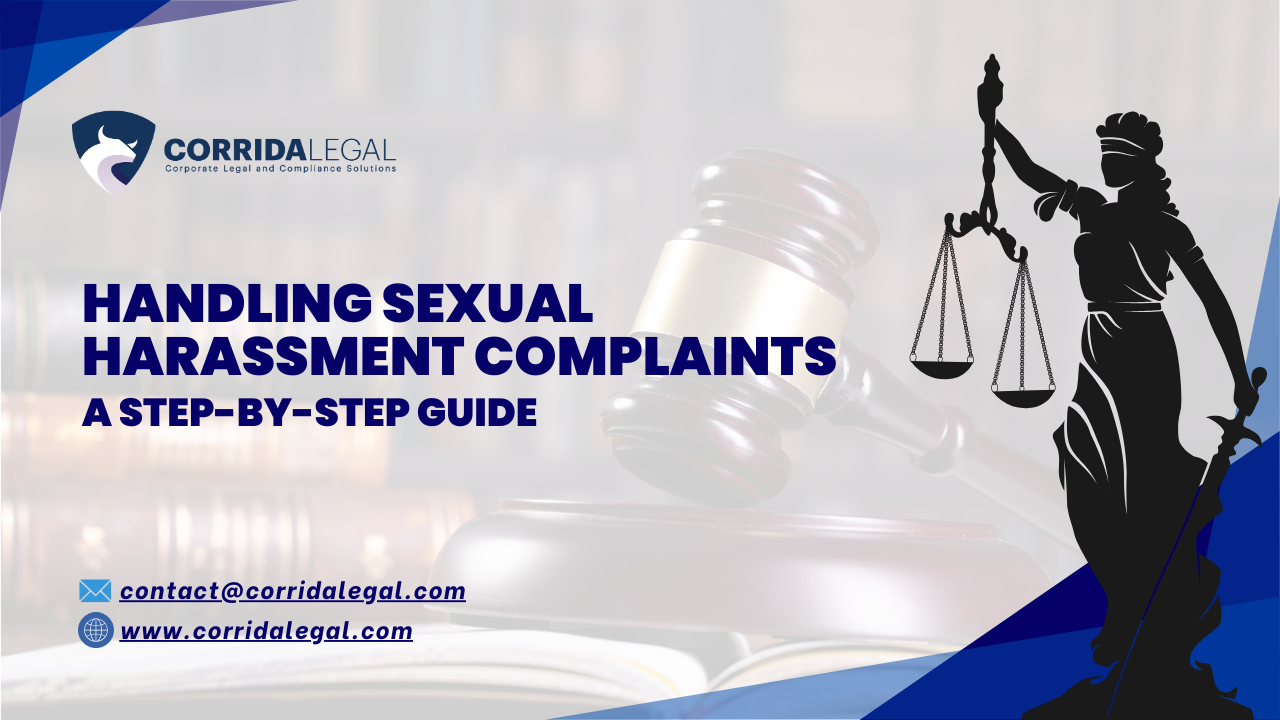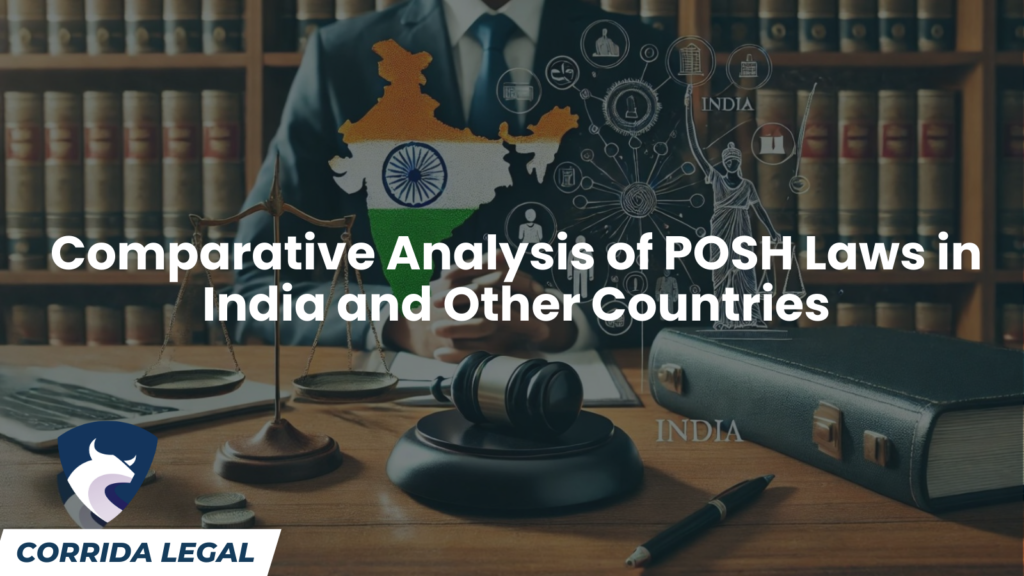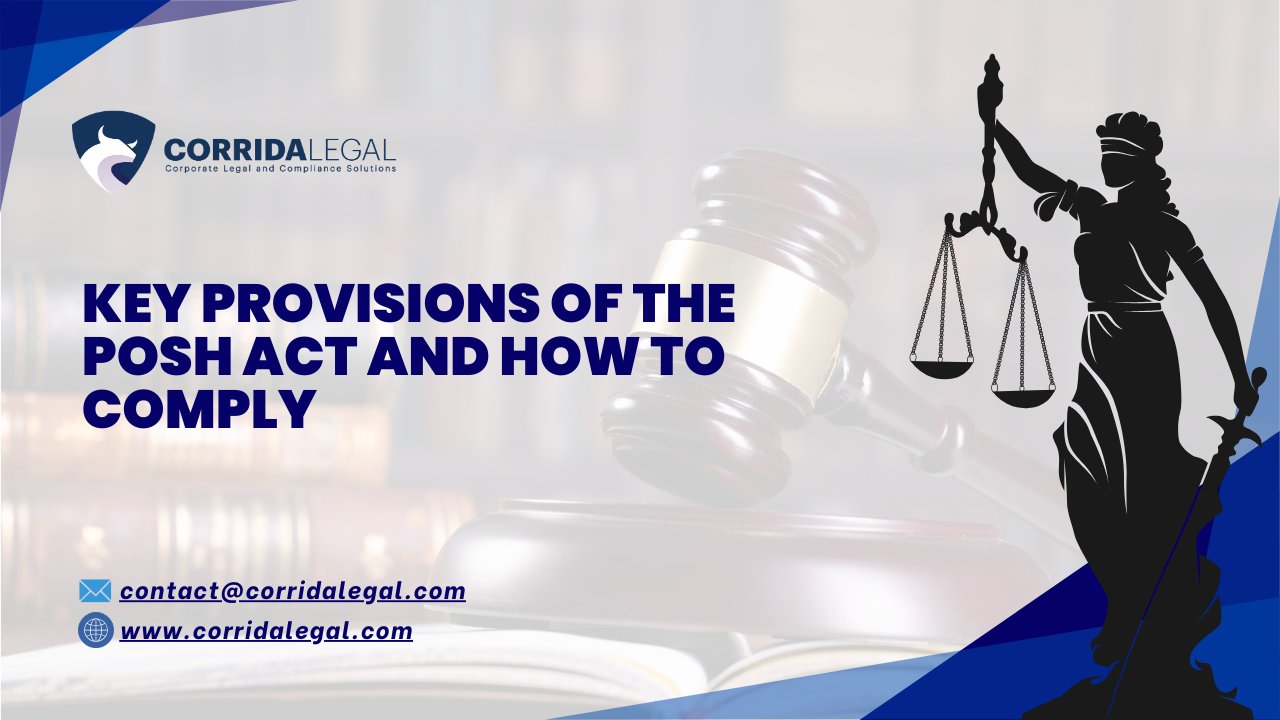This article pertains to Preventive Measures Against Workplace Harassment: Legal Perspectives.
This article pertains to Case Studies: Landmark Judgments on Sexual Harassment.
This article pertains to Legal Remedies for Workplace Discrimination in India.
This article pertains to The Role and Legal Framework of Trade Unions in India.
This article pertains to Handling Sexual Harassment Complaints: A Step-by-Step Guide.
This article pertains to Establishing Internal Committees: Best Practices and Legal Requirements.
This article pertains to Comparative Analysis of POSH Laws in India and Other Countries.
This article pertains to Key Provisions of the POSH Act and How to Comply.
This article pertains to Understanding Breach of Employment Contracts.
This article pertains to Navigating Anti-Discrimination Laws in Indian Workplaces.
Anticipatory Breach in India. Best corporate law firm in Gurgaon and Mumbai with specialists in Corporate Laws, Employment Laws, Data Privacy, Mergers & Acquisitions/Private Equity, Intellectual Property, Dispute Resolution, Chartered Accountancy (CA services) and Compliances.
Moonlighting in India has remained to be an issue ever since the COVID-19 situation. Combating moonlighting has become another challenge for companies, especially the ones related to the tech industry. Companies really have important concerns and are finding themselves at the cross-roads although there might be the necessary bending going on, on the inside to accommodate the interests of both the employers and the employees. With a fresh approach of combating the menace of moonlighting in India, companies have started doing stricter background checks to check into the issue and have started hiring specialists for the same.
Categories
- Bare Acts
- Commercial and Operational Contracts
- Corporate Law Advisory & Contract Drafting
- Corporate Laws Advisory, Compliances & Taxation
- Dispute Resolution
- DPDPA Readiness & Data Protection
- Employee Contracts and HR Policies
- Employment & Labour Laws
- ESOPs, Benefits and CSR
- Fintech & E-Commerce Laws
- Fundraising Advisory & Documentation
- India Entry and Foreign Investments
- Intellectual Property Protection
- Investigations and Trainings
- Labour Codes Compliance and HR Audits
- Labour Laws Licensing & Compliance
- Mergers and acquisitions (M&A)
- Prevention of Sexual Harassment (POSH): Trainings, Policy Drafting & Investigations
- Prevention Of Sexual Harassment: Trainings, Policy Drafting & Investigations
- Startup – Setup, Documentation & Advisory
- STARTUPS: SETUP & INVESTOR READINESS
- Uncategorized
- Workforce Restructuring & Layoffs
Resources
Virtual legal conference
Book Legal Consultation
Direct access to Corrida Legal lawyers providing actionable solutions tailored to your business requirements whilst maintaining complete confidentiality.
Trusted by Fortune 500s, Global MNCs & High-Growth Startups (500+ Consultations Conducted)
Live Virtual Consultation with Prior Document Review
Direct access to Corrida Legal’s Managing Partner, Pushkar Thakur via Senior Consultation
Confidential Legal Advice with Complete Data Protection













